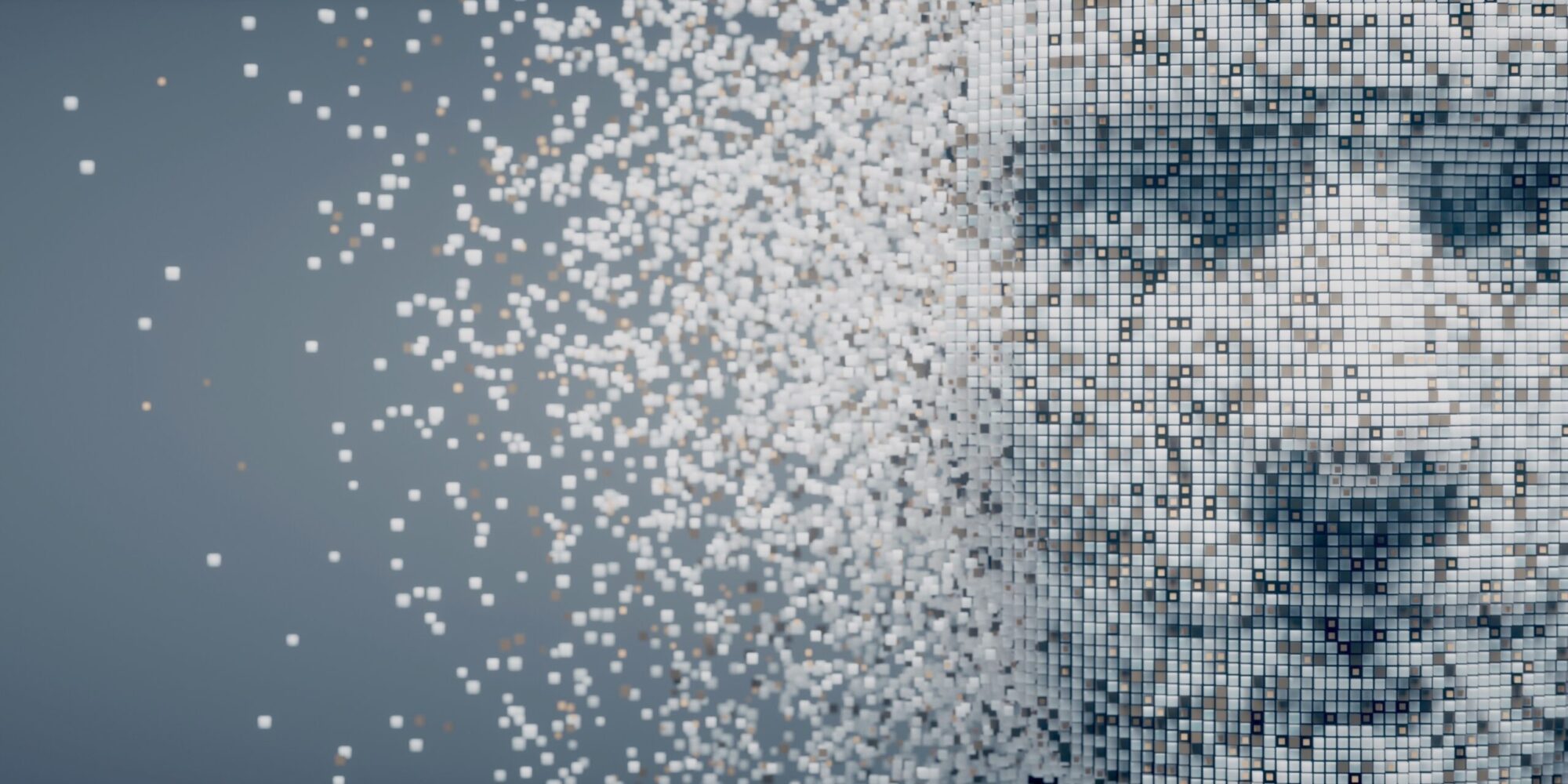Model collapse in the psychedelic realm
Seeing | Psychedelics | 2023-07-30

Are mystical type, or ‘metaphysical experiences’ induced by psychedelics ‘real,’ or are they hallucinations? This question is now becoming urgent in psychiatry as psychedelic therapy is worldwide gaining acceptance as a potent way to improve mental health, from depression and anxiety to ADHD and autism. From a physicalist perspective, this raises an ethical dilemma: what if patients ascribe positive outcomes to a change in metaphysical beliefs? For instance, that after a psychedelic trip they become convinced that there is life after death, or a mind at large? And what if—as studies show—exactly this metaphysical shift makes them feel better? Did the psychedelic therapist then provide a ‘comforting delusion’ to cure patients? As Jussi Jylkkä, PhD, argues, solving the ‘comforting delusion objection’ from a physicalist framework is incoherent. In a video essay style, Hans Busstra tries to comprehend the current debate and, by sharing Jylkkä’s insights, to serve an ‘idealist dish’ on the metaphysical menu for interpreting the psychedelic experience. The core idea set forth is: psychedelics induce a ‘model collapse’ and, when argued consequently, this undermines a physicalist metaphysics. An idealist interpretation of the psychedelic experience is much more coherent and satisfactory.

Essentia Foundation communicates, in an accessible but rigorous manner, the latest results in science and philosophy that point to the mental nature of reality. We are committed to strict, academic-level curation of the material we publish.
Recently published
Reading
Essays
Seeing
Videos
Let us build the future of our culture together
Essentia Foundation is a registered non-profit committed to making its content as accessible as possible. Therefore, we depend on contributions from people like you to continue to do our work. There are many ways to contribute.















